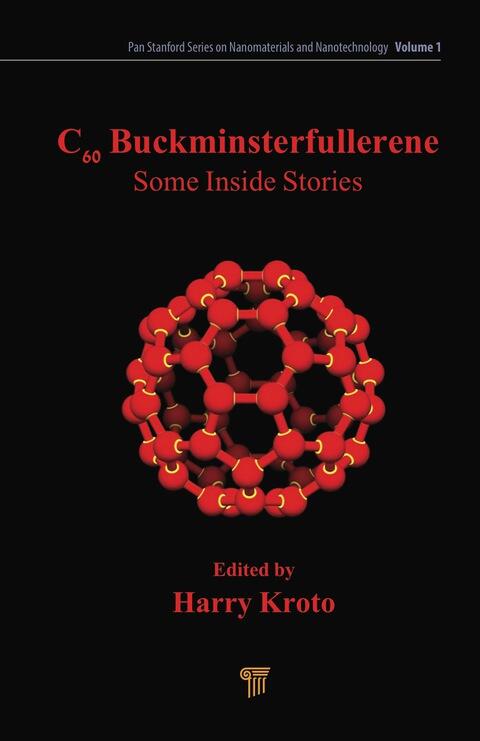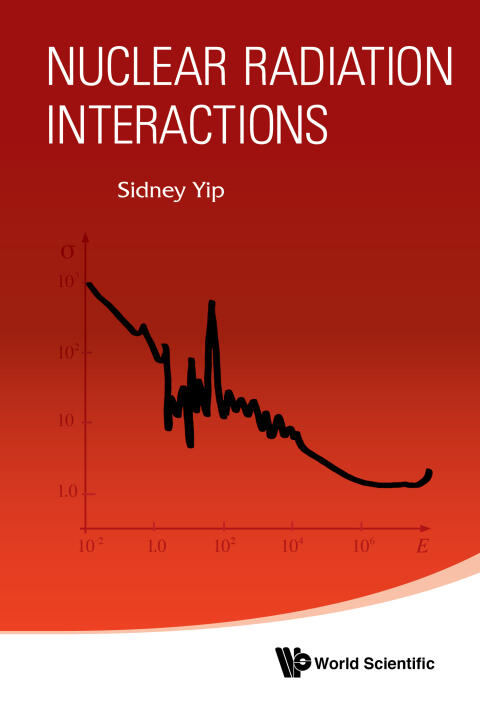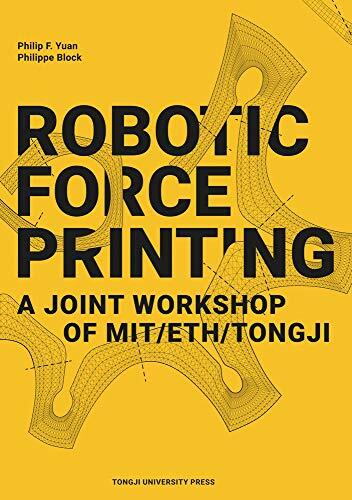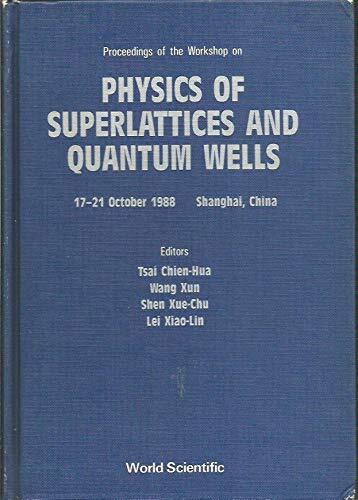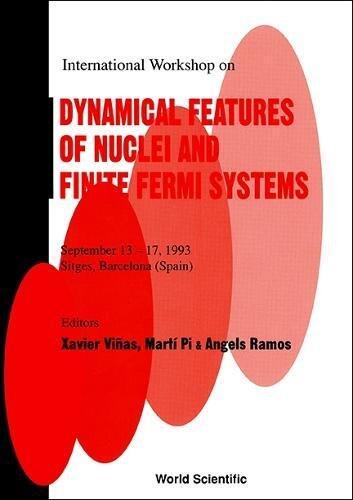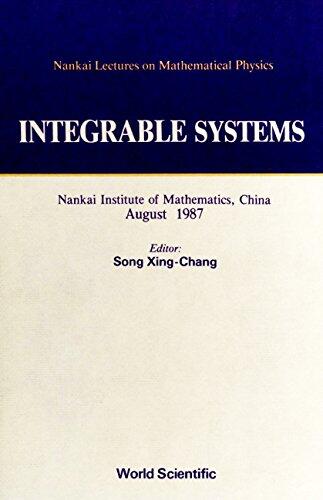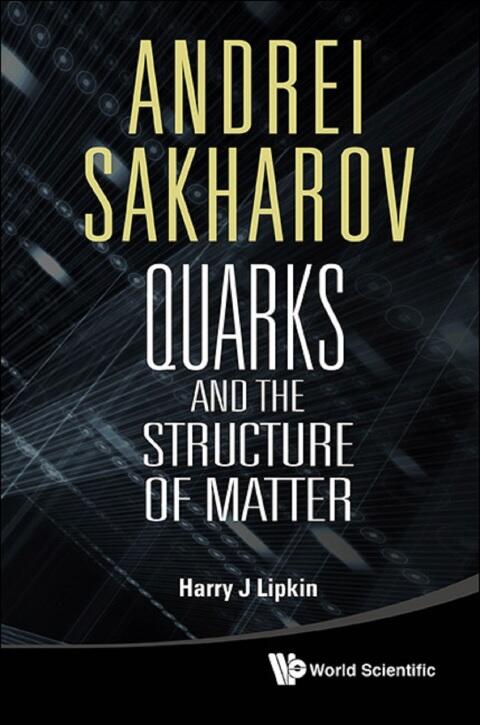
Andrei Sakharov: Quarks And The Structure Of Matter
von
Harry J Lipkin
Noch keine Bewertungen
Thriller & Suspense
Action & Adventure
Science & Technology
+2
more
Format
Kindle
Seiten
163
Sprache
Chinesisch
Veröffentlicht
Jan 1, 2013
Verlag
World Scientific
Ausgabe
Illustrated
ISBN-10
9814407437
ISBN-13
9789814407434
Beschreibung
Harry J. Lipkin presents a compelling exploration of Andrei Sakharov, a pivotal figure at the intersection of science and political activism during one of the most tense periods in history. Against the backdrop of the Cold War, Sakharov's groundbreaking work on nuclear physics and his later advocacy for human rights marked him as a complex character. Lipkin delves into Sakharov's contributions to the understanding of quarks and the fundamental structure of matter, highlighting how his scientific acumen was intertwined with his moral convictions.
While Sakharov's scientific achievements were groundbreaking, they came with profound ethical implications. The narrative reveals the internal struggle of a man who, after contributing to the development of the hydrogen bomb, became increasingly disillusioned with the arms race and the potential for nuclear devastation. Sakharov's transition from scientist to activist is depicted with sensitivity, emphasizing the courage it took for him to speak out against the injustices within his own country.
Through detailed anecdotes and analyses, readers are taken on a journey that reflects both the intellectual rigor of scientific inquiry and the transformative power of personal conviction. Lipkin masterfully illustrates how Sakharov's life embodies the complex relationship between scientific discovery and ethical responsibility. The book serves as both a tribute to an exceptional mind and a poignant reminder of the moral dilemmas faced by those whose work can shape the world.
While Sakharov's scientific achievements were groundbreaking, they came with profound ethical implications. The narrative reveals the internal struggle of a man who, after contributing to the development of the hydrogen bomb, became increasingly disillusioned with the arms race and the potential for nuclear devastation. Sakharov's transition from scientist to activist is depicted with sensitivity, emphasizing the courage it took for him to speak out against the injustices within his own country.
Through detailed anecdotes and analyses, readers are taken on a journey that reflects both the intellectual rigor of scientific inquiry and the transformative power of personal conviction. Lipkin masterfully illustrates how Sakharov's life embodies the complex relationship between scientific discovery and ethical responsibility. The book serves as both a tribute to an exceptional mind and a poignant reminder of the moral dilemmas faced by those whose work can shape the world.
Rezensionen
Noch keine Rezensionen
Sei der Erste, der dieses Buch rezensiert und deine Gedanken teilt
Erste Rezension hinzufügenLesetagebuch
Keine Lesetagebücher gefunden
Beginne deinen Lese-Fortschritt zu verfolgen, um Log-Einträge hier zu sehen
Füge dein erstes Lesetagebuch hinzuNotizen
Transaktionsprotokoll
Keine Transaktionsprotokolle gefunden
Beginne, deine Buchtransaktionen zu verfolgen, um Log-Einträge hier zu sehen
Fügen Sie Ihr erstes Transaktionsprotokoll hinzu


